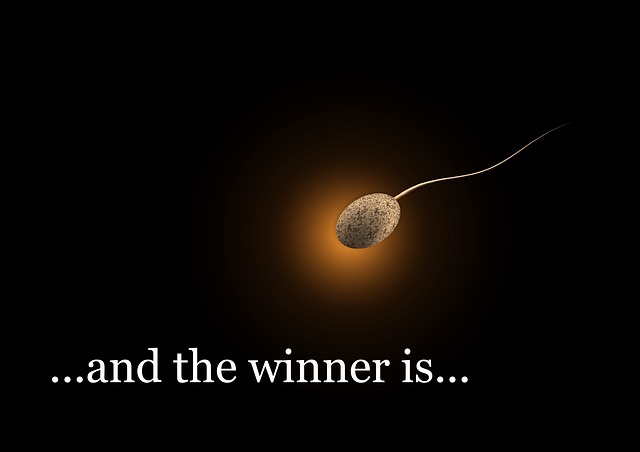
Ovulation is the process when a mature egg is run out from the ovaries to the Fallopian tubes to fertilize. For those of you who are planning a pregnancy, it is important to know when this ovulation time, and How Long Does Ovulation Last.
By knowing the ovulation period, you can determine when the best time to have inter**course in order to get pregnant immediately, from the signs that appear when you are ovulating.
Understand the ovulation process.
There are about 15-20 mature egg cells in your ovaries. The most mature eggs will then be run out and entered into the Fallopian tubes. The Fallopian tube will then bring the egg to the uterus. For pregnancy, one of the eggs and spe**rm must meet inside the Fallopian tubes.
Your egg can last for at least 24 hours after it has run out, while the spe**rm can persist in the vagi**na for up to 7 days. Therefore, eggs and spe**rm must meet at that time period. You can have se**x at the moment or before, because you have a fertile period of about six days.
Read also: When is a woman most fertile?
How Long Does Ovulation Last?
The average female menstrual cycle is normally 28 days, but under certain conditions, some people can experience cycles of about 22 to 36 days. Ovulation usually occurs about two weeks before the next menstrual period. So, if your menstrual cycle is 28 days, you will ovulate about 14 days before the first day of the next menstruation.
Read also: How to stop your period
How Long Does Ovulation Last?
A woman is said to be undergoing ovulation period if she releases an egg that has been matured to be fertilized by spe**rm. The ovulation period of the woman only lasts 24-48 hours, while the ability of spe**rm to fertilize the egg is estimated to be approximately 48-72 hours.
What is ovulation? The definition of ovulation is the best egg to be fertilized by the spe**rm during the first hours after release, and vice versa.
To get pregnancy opportunities, you can begin to have inti**mate inter**course when ovulation time arrives. This period is known as the fertile period. Calculate your period by using ovulation calendar.
Ovulation is the event of the release of a hormone from the brain called the Luteinizing Hormone (LH). Levels of this hormone increase drastically in the blood and urine shortly before ovulation.
LH triggers the release of an egg that has been matured from the ovaries which then moves towards the Fallopian tubes to fertilize. If the egg is not fertilized, then the egg will die and decay together with the uterine wall at the beginning of the menstrual cycle.
Ovulation can be influenced by a variety of conditions suffered by the body, including stress and diseases that you are experiencing. If you plan to have children, it’s time to watch your body. Reduce work pressure and start exercising to avoid stress.
Ovulation Signs.
The following signs cannot be assessed at 100 percent accurate, but it could be a signal that you are almost ovulating, but some indicate that you are ovulating.
- Changes in cervical fluid
- Very passi**onate.
- Changes in body temperature.
- Change the position of the cervix.
- Bre**asts softened.
- Pain and spots.
- Bloating.
- Improved sensory and energy functions.
- Positive results in ovulation assay.
Read also: Spotting after period: The causes and How to Deal with.
Changes in cervical fluid.
Approaching ovulation time, there will be a change in the concentration of cervical fluid. When you are not ovulating, the liquid is more concentrated or none at all (but there will be a different effect if you consume fertility medication). When you are approaching the ovulating time, the liquid will be more clear, more liquid, and supple, such as egg whites. This will make it easier for spe**rm to swim into the ovaries. At this time, it is a sign that you are in the fertile days.
Thank you very much for reading Understanding the ovulation process, signs, and How Long Does Ovulation Last, hopefully useful.




